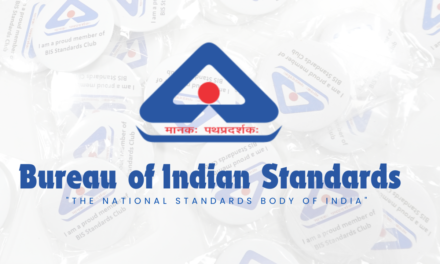Tamil Nadu Textile Mills Face Several Obstacles in Maintaining Operations
Tamil Nadu’s textile mills are currently facing several significant challenges that threaten their operational sustainability:
Over the past two years, the state’s textile factories have grappled with reduced demand, elevated electricity costs, and higher raw material prices. This has led to over 500 mills shutting down and approximately 1,000 operating at reduced capacity.
Mills in neighboring states such as Madhya Pradesh, Gujarat, Maharashtra, and Odisha offer yarn at prices ₹20 to ₹25 per kilogram lower than those in Tamil Nadu. This price disparity has prompted garment units in regions like Tiruppur to source yarn from these more competitively priced mills.
The absence of a dedicated processing cluster and the 11% import duty on cotton are identified as significant obstacles. Industry experts suggest that establishing such clusters and revising import duties could enhance competitiveness.
With indications of order revival, factories are increasing production and facing a shortage of workers. This labor scarcity is further exacerbated by the industry’s struggle to attract and retain skilled personnel.
Adhering to environmental regulations, such as achieving zero liquid discharge (ZLD) in dyeing units, has increased operational costs by 7% to 10%. While compliance is essential for environmental sustainability, it poses a financial burden on mills.
To address these challenges, industry stakeholders are advocating for government support in modernization efforts, policy reforms, and infrastructure development to enhance the competitiveness and sustainability of Tamil Nadu’s textile mills.








